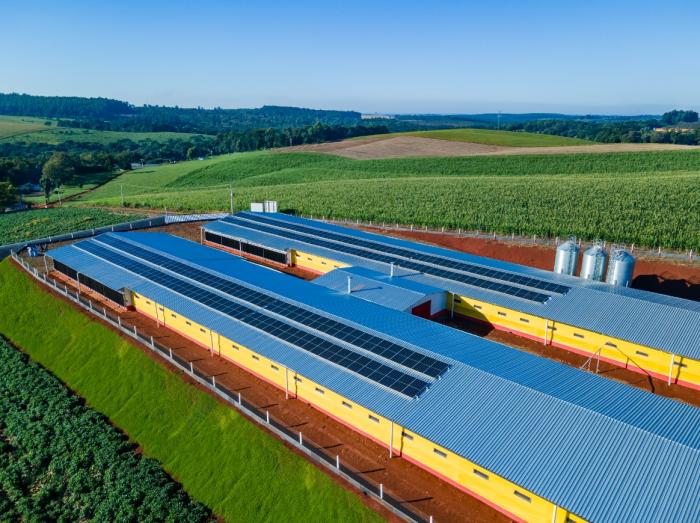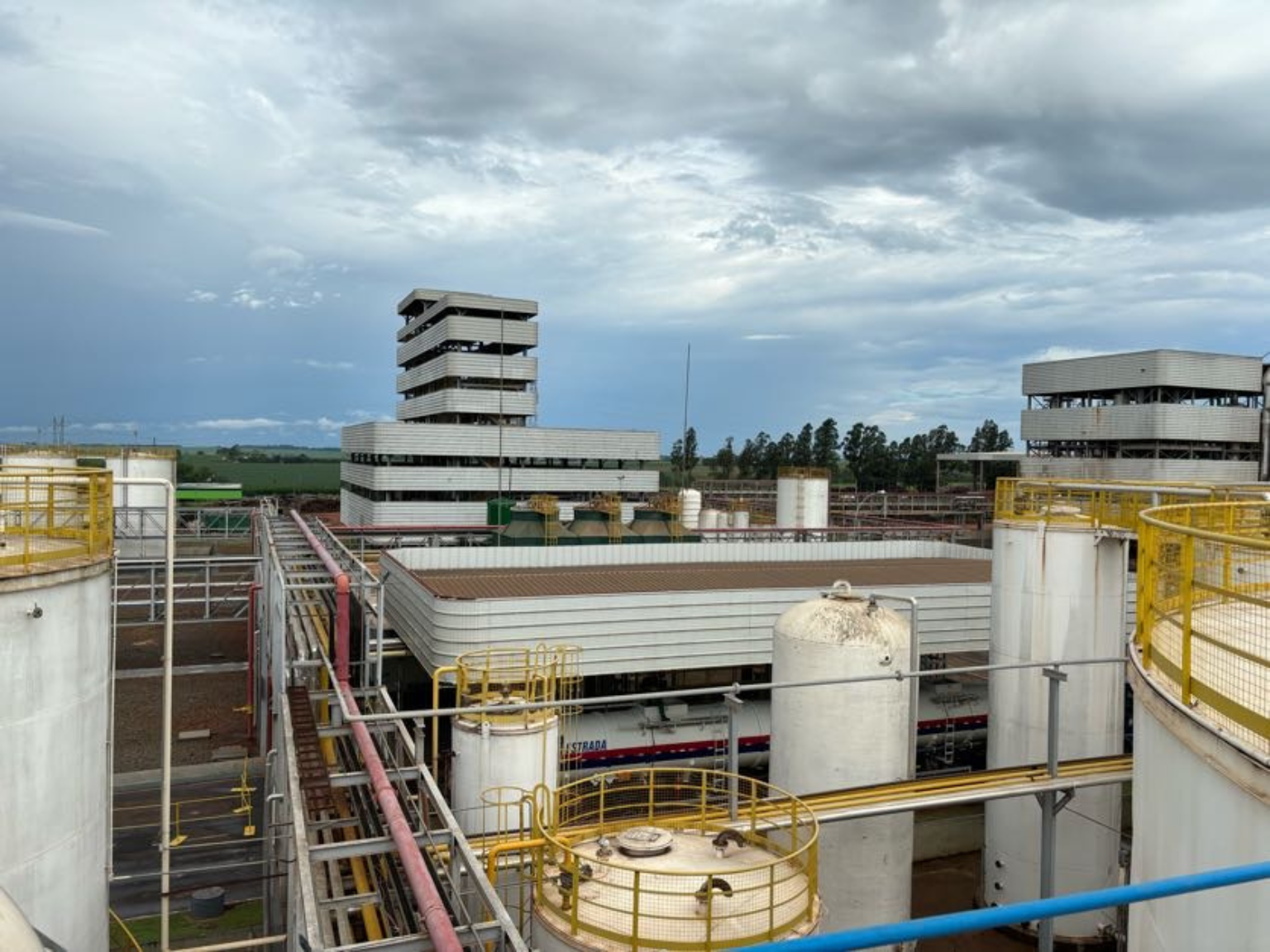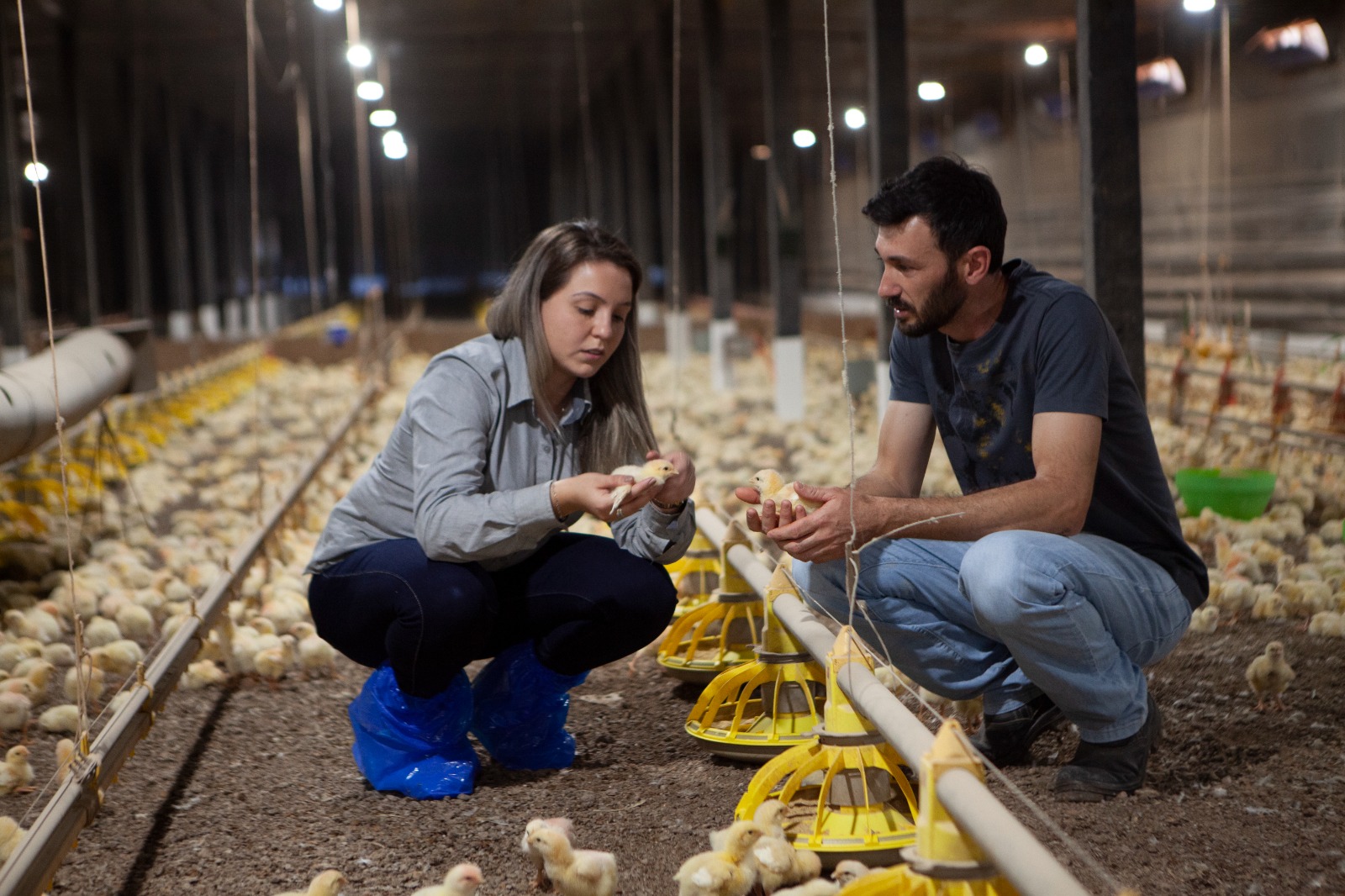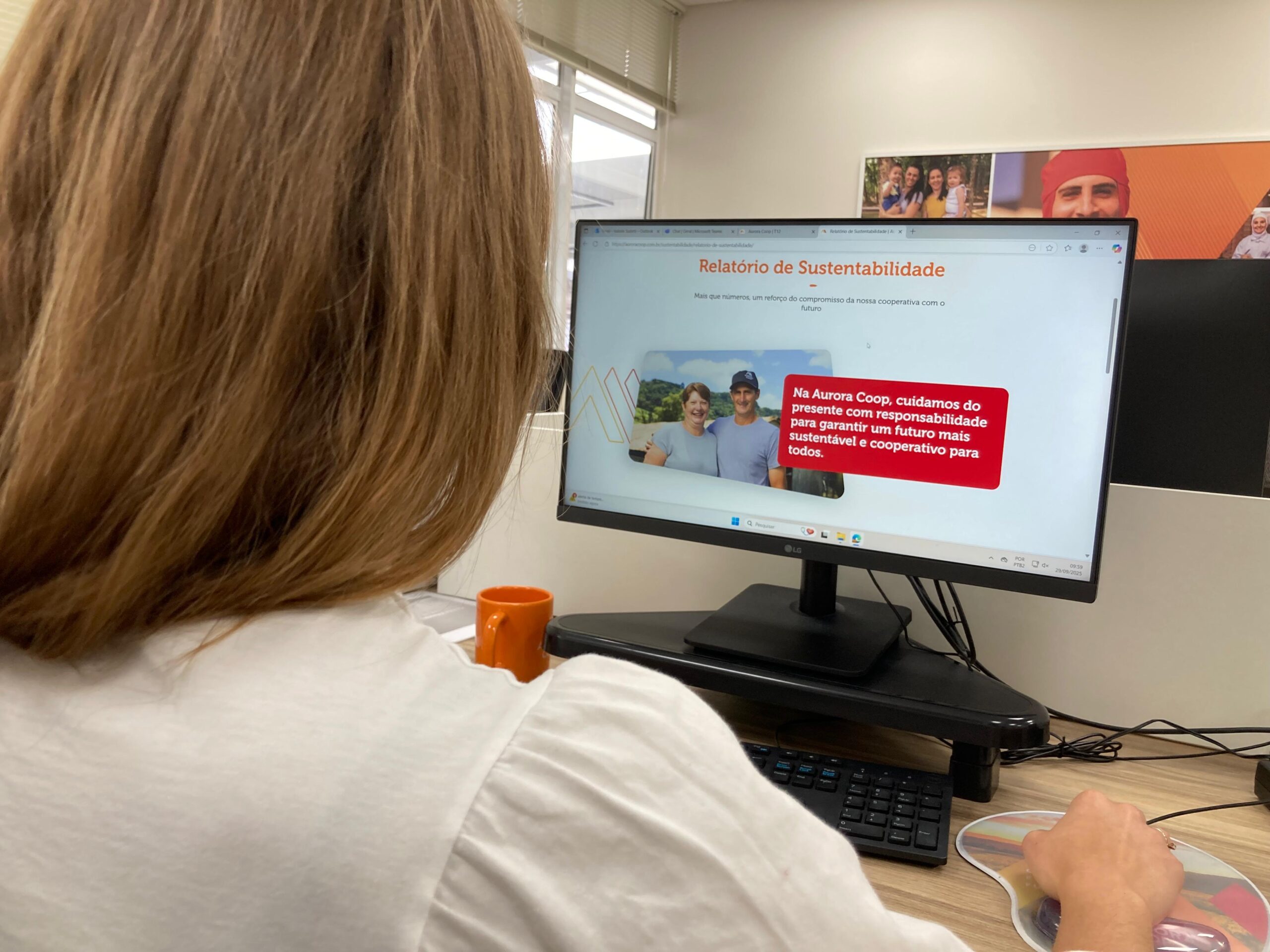Environment
Marfrig and BRF Earn Gold Seal for Transparency in Greenhouse Gas Emissions Management

Certification highlights sustainability progress and commitment to international climate goals
Food industry giants Marfrig and BRF have been awarded the Gold Seal from the Brazilian GHG Protocol Program, the country’s leading certification for greenhouse gas (GHG) emissions management. The seal recognizes the companies’ transparency in publishing emissions inventories and their adoption of practices aimed at reducing environmental impact.
For BRF, this marks its 16th consecutive certification, while Marfrig receives the recognition for the second year in a row.
Launched in 2008 by the Center for Sustainability Studies at Fundação Getulio Vargas (FGVces), in partnership with WRI Brazil, the Ministry of the Environment, CEBDS, and WBSCD, the Brazilian GHG Protocol Program adapts the international methodology for emissions calculation and management to the national context. The data submitted by certified companies is made publicly available in the Public Emissions Registry, a reference for corporate transparency in Brazil.
Both Marfrig and BRF follow the program’s methodology to prepare their annual GHG inventories, which are independently verified by a third party.
According to Paulo Pianez, Global Sustainability Director for both companies, the Gold Seal “reinforces the solidity and reliability of the commitments made by both companies to reduce greenhouse gas emissions.”
Science-Based Targets
Marfrig was the first Brazilian animal protein company to commit to science-based targets under the Science Based Targets initiative (SBTi), aligned with the goals of the Paris Agreement. Its approved targets include reducing direct emissions (Scopes 1 and 2) by 68% and cutting the intensity of indirect emissions (Scope 3) by 33% by 2035. The company has also pledged to use 100% renewable electricity by 2030.
BRF, in turn, had its climate targets validated by the SBTi in December 2024, becoming the first food company in Brazil to adopt the new FLAG methodology, which includes emissions from forests, land use, and agriculture. The company aims to reduce its direct emissions by 51% and indirect emissions by 35.7% by 2032.
READ TOO

Environment
22/05/2024
Lar invests in soy biodiesel production
The evolution of sustainable agro-industrial practices necessarily involves the transformation of the energy matrices that drive production processes. It is with this […]
Read more
Animal welfare
02/10/2023
Copacol: animal welfare is certified
From handling in the field to processes in the industry, Copacol is concerned with maintaining standardized procedures, guaranteeing the consumer a high […]
Read more
Environment
08/10/2025
Aurora Coop Launches Its First Sustainability Report and Reinforces Commitment to the Future
Aurora Coop has just published its first Sustainability Report, referring to the 2024 fiscal year—a document that marks a new chapter in […]
Read more
